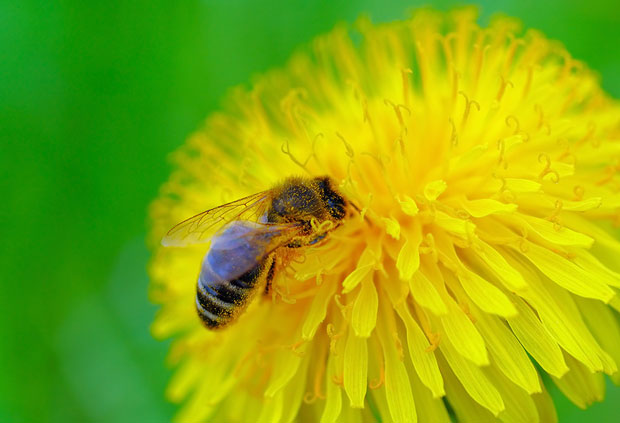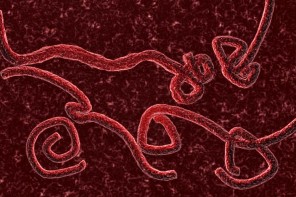Before you swat that buzzing bee away, read on to discover the many dangers a world without bees could pose.
Why Bees are Important
We can expect many negative changes to our lives if they are bee-free:
Fewer Crops
Bee pollination is responsible for approximately $15 billion in crops every year. According to the United States Department of Agriculture (USDA), about one mouthful of every three that we eat is owed to the honeybee pollination, either directly or indirectly. The almond crop is especially dependent on honeybees. Almonds are found in many products, such as cereals, which we would also no longer have. Cotton crops would also suffer, which would negatively impact clothing production.
Destroyed Harvests
Many fruits and vegetables won’t be available for us to enjoy without bees. This includes cherries, many leafy greens, broccoli and pumpkins.
Our Healthy Oils Won’t Be Around
Oilseeds such as coconut, oil palm and sunflower will be extinguished, which will eradicate over half of the world’s diet of fat and oil. Yes, half!
Loss of Business
Without bees, beekeepers and honey makers will be unable to make a living.
Buzz Kill
This all seems like something out of a futuristic thriller, but it’s a real danger we are facing. Recent years have seen honeybee populations decrease alarmingly and there are various reasons for it, which can include:
1. The Use of Chemicals
Pesticides and herbicide are used on crops so honeybees die from ingesting them. Research conducted by the USDA Bee Research Laboratory and Pennsylvania State University found that a poisonous pesticide called imidacloprid makes bees more vulnerable to parasitic fungus.
2. Global Warming
Changes to our earth may be increasing the growth rates of pathogens such as viruses, which drastically affect bee colonies. Unusual hot or cold weather spells not only frustrate us – they are damaging to bee populations.
Do Your Bit!
1. Grow a Flowering Garden
Flowers in bloom are just what bees need for their pollen and nectar sources. Some great flowers include daffodils and crocuses, as well as the rosemary herb.
2. Follow an Organic Diet
Many pesticides are used to grow crops, so avoid chemicals by growing pesticide-free fruits and vegetables. Also purchase organic produce that has not been tarnished by pesticides. Not only good for the bees, but healthy for you too.











